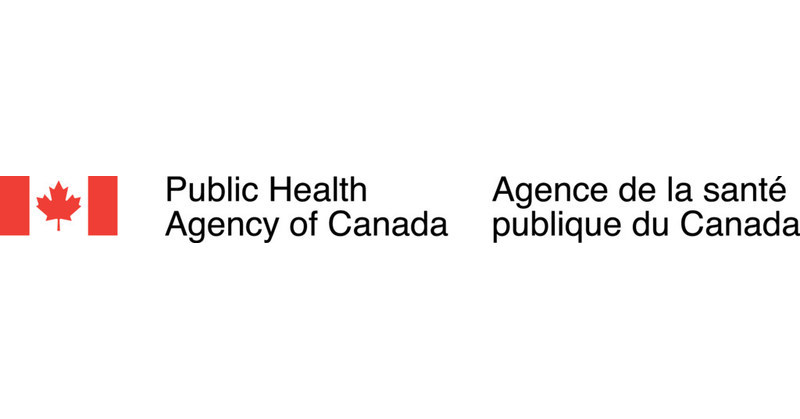In our previous blog, we discussed what vaccines are, how they work, and why we need them. Now that we know the basic information about vaccines, it’s time to learn more about what the process may look like for children. Below, you’ll find helpful tips and resources to help ensure you can make the right decision for your child, and prepare for what to expect.

For a complete overview of vaccination for children, visit A Parent's Guide to Vaccination.
Your child's vaccination schedule
Vaccination schedules can vary slightly, depending on the province or territory you live in. This means that some provinces or territories will vaccinate at a different age.
Typically, your child will be vaccinated:
Between birth to 2 months
At 4 months
At 6 months
Between 12 months and 18 months
Between 4 to 6 years of age
Find your child’s Vaccinations Schedule

Where to get vaccinated
To find out where you can get your child vaccinated, you can:
Contact your healthcare provider
Search for your nearest public health office
Visit the provincial and territorial immunization resources page for more information specific to your area.
What to expect at your child's vaccination appointment
Before the Appointment
Plan ahead to make the vaccination experience a more positive one.
Consider bringing something to keep your child's mind off the vaccination, such as a game, book, music or video.
If you or your child have fears or anxiety about vaccination, reach out to your health care provider before the appointment for options that might help.
If you have a personal vaccination record for your child, bring it with you to your appointment. If you don't have one, ask for one at your appointment.
Did you know? You can use the CARD system (Comfort, Ask, Relax, Distract) to find more strategies to help improve the vaccination experience. Learn more about the CARD system.
Learn more about preparing for your child's vaccination appointment.
Before leaving the clinic
Remind your health care provider to record the vaccination in your child's personal vaccination record. If you don't have one, ask for one now.
Make an appointment for your child's next vaccination.
You'll be asked to wait for at least 15 minutes after the vaccination to make sure your child doesn't have an allergic reaction.
Serious allergic reactions to vaccines are very rare. Signs of a serious allergic reaction may include:
breathing problems (wheezing)
swelling of the face, tongue or throat
red rash on the skin (hives)
If you think your child is experiencing a serious allergic reaction, alert a staff member at the clinic right away. They have medication on hand to manage allergic reactions.
After the vaccination
Most children tolerate vaccines well. In some cases, your child may:
Be fussy
Have a mild fever
Be sleepier than usual
Have pain, swelling or redness where the injection was given
These reactions are normal and usually go away within a few days. You can give your child medication to help with the pain or to lower a fever. Check with your child's health care provider if you need advice about which medication to use.
Who to talk to for vaccine advice
It is important to get the facts about vaccination from reliable sources. Talk to a trusted health care provider about your child's vaccinations, or search the internet for information from reputable sources, such as your local Public Health Unit.
How To Find Reliable Health Information Online
Watch: Evaluating information on the Internet
.png)
This blog post was supported by the Public Health Agency of Canada, Vaccine Community Innovation Challenge.
